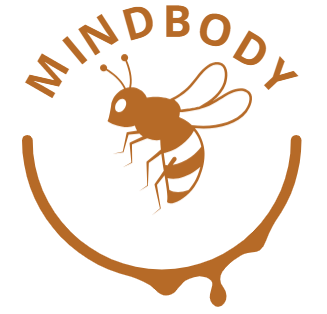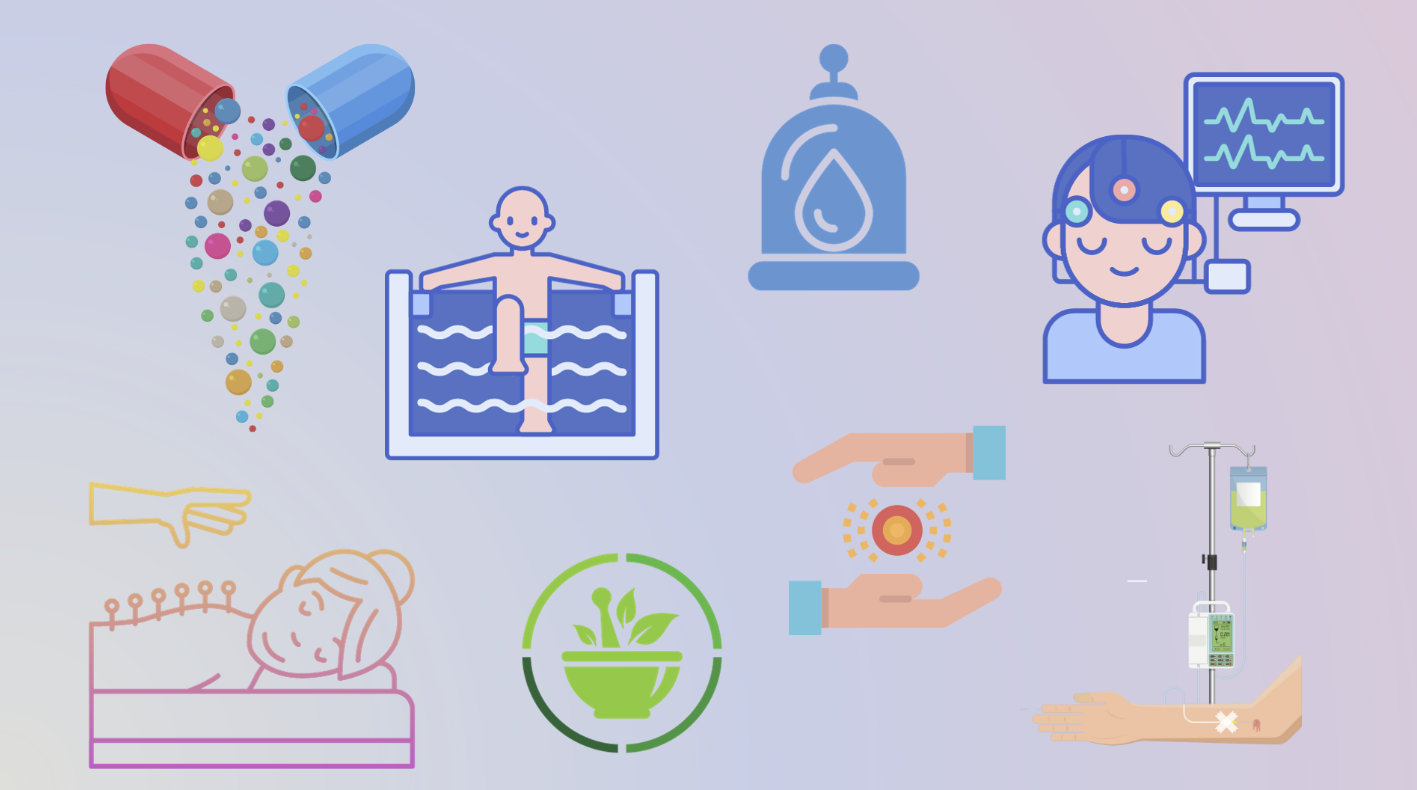
Brain Fog and Autoimmune Disease: How to Manage It

Beating Brain Fog in People with Autoimmune Disease
We recently read a study suggesting Alzheimer’s could be an autoimmune disease, which led us to think more about the connection between autoimmune diseases and memory problems. While memory issues in autoimmune conditions like lupus and rheumatoid arthritis aren’t usually linked to Alzheimer’s, they often manifest as brain fog and difficulty concentrating.
In a previous post, I shared my own struggles with brain fog and how I managed to overcome it. Today, I’ll provide seven effective strategies to help improve memory and mental clarity if you’re dealing with autoimmune disease. But before we dive in, let’s first explore why autoimmune diseases are linked to brain fog.
What Causes Brain Fog in Autoimmune Disease?
If you’re wondering which autoimmune diseases affect the brain, the answer is most of them. Memory problems can occur in anyone with an autoimmune condition. The overactive inflammation caused by autoimmune diseases can severely impact brain function. Inflammation can worsen due to factors like consuming the wrong foods that disrupt the gut microbiota. This imbalance, where harmful bacteria outnumber the beneficial ones, is part of what scientists call the “gut-brain axis.”
Stress, poor sleep, and imbalanced hormones or brain chemicals can also worsen inflammation and affect both brain function and the progression of autoimmune diseases.
Here are seven ways to improve brain fog and stay focused, whether you’re dealing with lupus, rheumatoid arthritis, or other autoimmune conditions.
Clean Up Your Diet
A crucial way to support brain health is by ensuring you get the right nutrients. The brain is a highly active organ that requires plenty of nutrients to function properly. When we’re deficient in certain nutrients, it can affect brain performance.
An anti-inflammatory diet is the best choice for improving brain fog. It’s important to avoid foods that cause inflammation, such as sugar and highly processed items, which can also disrupt the gut microbiota. Instead of relying on supplements, eating foods rich in probiotics, like fermented vegetables, may be more beneficial for supporting brain health.
Aside from cutting out harmful foods, make sure you’re eating nutrient-rich, whole foods. A varied diet filled with phytonutrients—plant-based compounds that help protect our bodies—can support overall health and brain function.
Get Moving
Exercise is vital for brain health. The more you move your body, the more you stimulate the brain and create healthier neural pathways. Even as we age, the brain remains malleable—this is known as brain plasticity.
Physical activity not only helps strengthen these brain pathways, but it also reduces inflammation and improves circulation, ensuring the brain gets the nutrients it needs. Exercise also aids in detoxing the body, which benefits the brain by removing toxins and damaged cells.
Get Your Shuteye
Sleep is incredibly important for brain health and memory. During sleep, your body heals, repairs, and reduces inflammation. Sufficient rest also lowers cortisol levels, helping to manage stress—a major contributor to autoimmune diseases.
However, it’s not just about how many hours you sleep. It’s also about sleep quality. If you wake up feeling exhausted or inflamed despite getting enough sleep, it could indicate adrenal issues or poor-quality sleep.
Soothe Away Stress
Managing stress is crucial for brain health. Chronic stress can change brain structures that affect cognition and mental health. To improve resilience, it’s important to shift from the stress response (fight-or-flight) into the calming, healing parasympathetic state.
Finding outlets for stress—whether through physical activities, mental support like meditation or therapy, or simply engaging in activities that bring you joy—can help you manage stress and protect your brain.
Choose the Right Brain Support Supplements
While food should be your primary source of nutrients, supplements can also help. Multivitamins provide essential nutrients that support brain function, and research shows that they can improve memory recall in older adults. Vitamin D is another common supplement that benefits brain health.
Omega-3 fatty acids are also crucial. These healthy fats are vital for brain health and have anti-inflammatory effects. They can slow brain aging and improve cognitive function. DHA, a type of omega-3, is especially important for both developing and maintaining a healthy brain.
Balance Your Hormones
Balancing your hormones can significantly improve brain fog. Hormones are essential messengers that regulate brain and body functions. For instance, thyroid hormones are critical for brain health. In autoimmune conditions like Hashimoto’s, when thyroid hormones are off, it can contribute to brain fog.
Insulin is another hormone that affects the brain. Insulin resistance—when the body becomes less responsive to insulin—can lead to high blood sugar and inflammation, both of which harm the brain. This condition is even linked to early cognitive decline and is why some researchers refer to Alzheimer’s as “type 3 diabetes.”
Estrogen also plays a role in brain function, and women going through menopause may experience memory problems. For women with autoimmune diseases, the combination of menopause and hormonal imbalances can intensify brain fog. Working with a functional medicine doctor to balance hormones can help you think more clearly.
Nourish Your Neurotransmitters
Neurotransmitters are chemicals in the brain that transmit signals between brain cells. When these brain chemicals are out of balance, it can lead to brain fog. For example, low levels of GABA—an inhibitory neurotransmitter—can make it harder to manage stress, which contributes to memory problems.
Gut health is crucial for neurotransmitter production. Your gut produces most of the body’s serotonin and dopamine, both of which are tied to memory and overall well-being. If your gut is out of balance, it could contribute to both brain fog and emotional issues like depression and anxiety.





